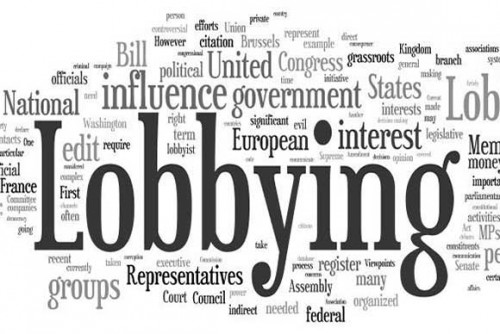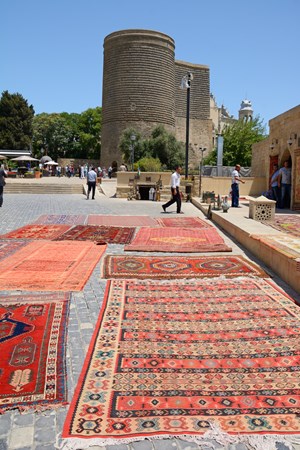UOT 32
DOI:10.30546/3006-0346.2023.6.78.12
Aygün Musayeva
Bakı Dövlət Universiteti, Beynəlxalq münasibətlər və iqtisadiyyat fakültəsi, Politologiya və sosiologiya kafedrasının dissertantı
E-mail: [email protected]
ЛОББИЗМ, ЕГО МЕСТО И РОЛЬ В ПОЛИТИЧЕСКИХ ПРОЦЕССАХ
Резюме:
В современных международных отношениях параллельно с государством появляются новые акторы. Активизация новых акторов влияет на принятие внешнеполитических решений государств, а во многих случаях даже ставит государство в зависимость от них. Среди таких новых акторов можно упомянуть транснациональные компании, неправительственные организации, общественные движения, национально-освободительные движения, а также деятельность лоббистов. В частности, расширение лоббизма наблюдается в ведущих государствах системы международных отношений.
Современные процессы создали необходимость применения институтов, разработанных на международном уровне. Одним из таких институтов является лоббистский или лоббистский институт. Лобби уже открыто действует во многих странах мира и в то же время во многих странах оно нашло свое правовое регулирование. Так, лоббистская деятельность легализована или проводятся конкретные работы в этом направлении в странах, расположенных в Европе, Америке и на других континентах, а также в США, где институт лоббирования действует широко и имеет давнюю историю. Установленная законодательством стран мира практика лоббирования показывает, что этот институт обычно способствует развитию национальной экономики, стимулированию новых сфер, защите интересов отдельных сфер экономики, местных или международных бизнес-структур. национальные меньшинства и социальные группы и обеспечение их развития имеет возможность оказывать положительное влияние в своей деятельности.
Ключевые слова: лоббирование, представители лобби, функции лоббирования.
LOBBYING, ITS PLACE AND ROLE IN POLITICAL PROCESSES
Summary:
In modern international relations, new actors appear in parallel with the state. The activation of new actors influences the adoption of foreign policy decisions by states, and in many cases even makes the state dependent on them. Among these new actors we can mention multinational companies, non-governmental organizations, social movements, national liberation movements, as well as the activities of lobbyists. In particular, the expansion of lobbying is observed in the leading states of the system of international relations.
Modern processes have created the need to apply institutions developed at the international level. One such institution is the lobbying or lobbying institute. The lobby is already openly operating in many countries of the world and at the same time in many countries it has found its legal regulation. Thus, lobbying activities have been legalized or specific work is being carried out in this direction in countries located in Europe, America and other continents, as well as in the USA, where the institution of lobbying operates widely and has a long history.
The lobbying practice established by the legislation of countries around the world shows that this institution usually contributes to the development of the national economy, stimulation of new areas, protection of the interests of certain sectors of the economy, local or international business structures. national minorities and social groups and ensuring their development have the opportunity to have a positive impact in their activities.
Key words: lobbying, lobby representatives, lobbying functions




